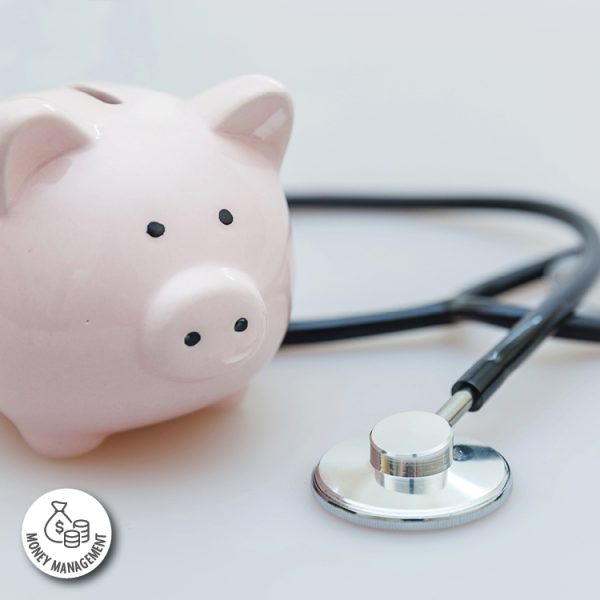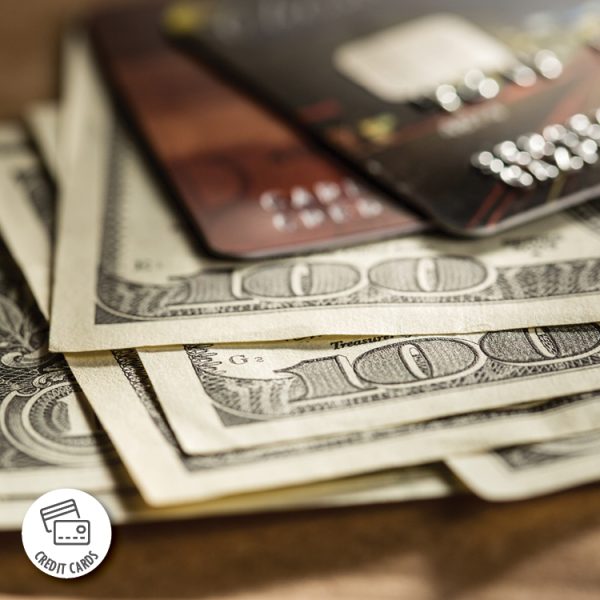6 Ways to Pay Less at the Pump
With gas prices still rising nationwide, the pain at the pump is real. There isn’t much you can do about the price of gasoline, but there are ways you can pay less at the pump. Here are six ways to save on gas.
1. Use cash
Many gas stations offer a discount for paying cash, sometimes up to 20 cents per gallon. This can quickly add up when pumping a full tank. Just be careful to have the cash handy when you need it, as you don’t want to lose all those savings to ATM fees if using machines not connected to your credit union.
2. Use a rewards program or credit card
If you don’t like the idea of carrying around tons of cash, but you still want to save at the pump, consider getting a rewards program or credit card. Tread carefully though; not all of them actually benefit the consumer. Find out about a possible annual fee, a rewards cap, membership requirements and the exact redemption value of each reward point before signing up. As an Olean Area Federal Credit Union member, you can opt for the Extra Rewards program when you have the Visa Platinum Credit Card.
3. Check your tire pressure
According to the US Department of Energy, a well-inflated tire can save you 15 cents a gallon by boosting your gas mileage by 3%. Check your tires regularly to ensure they’re always inflated. To make this easier, consider springing for a tire pressure gauge that will automatically monitor the health of your tires.
4. Use a gas-tracking app
In 2022, there’s no need to search for the gas station with the best-priced gas. There’s an app for that! Popular gas-tracking apps include GasBuddy, Upside and Waze. Using the gas station that’s right near your home or workplace might be easy, but taking the extra time to find one that sells gas for less can save you a bundle.
5. Purchase a club membership
If you don’t already have one, this may be the time to buy a club membership. Costco, Sam’s Club and Walmart Plus all offer discounted gas exclusively to members. Of the three, Costco tends to feature gas for the lowest price, up to 34 cents less per gallon than a typical gas station. In today’s gas-crazy climate, that’s a huge difference. Of course, you’ll want to find out how much a club membership will run you before joining.
6. Buy gas at the right time of day
If you pump gas during the midday hours, after the sun has been beating down on the gas reservoir all day, the gas has likely expanded. This means you’ll be paying the same price for less-dense gas, which won’t last as long. Pump when it’s cooler outside, typically during the morning or late evening hours, for the densest gas.
Use these tips to help save on gas despite the rising cost of fuel.










